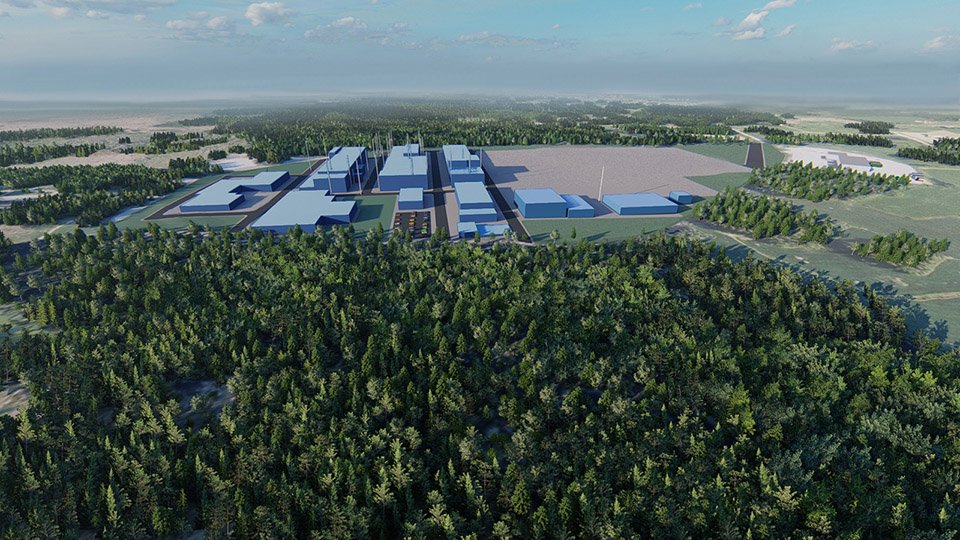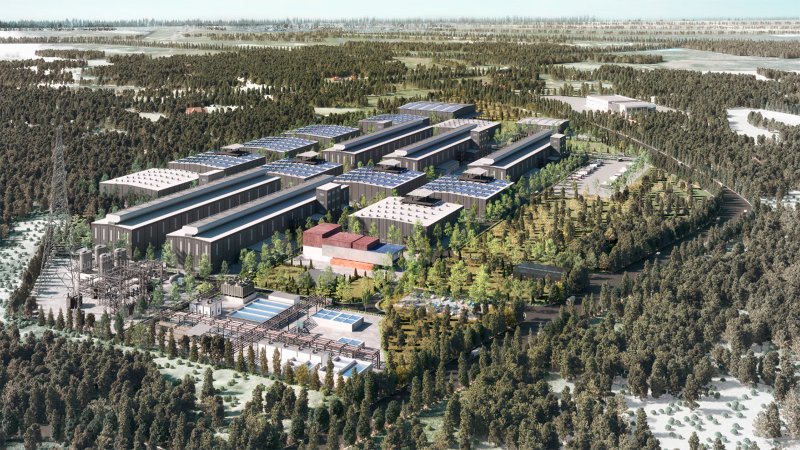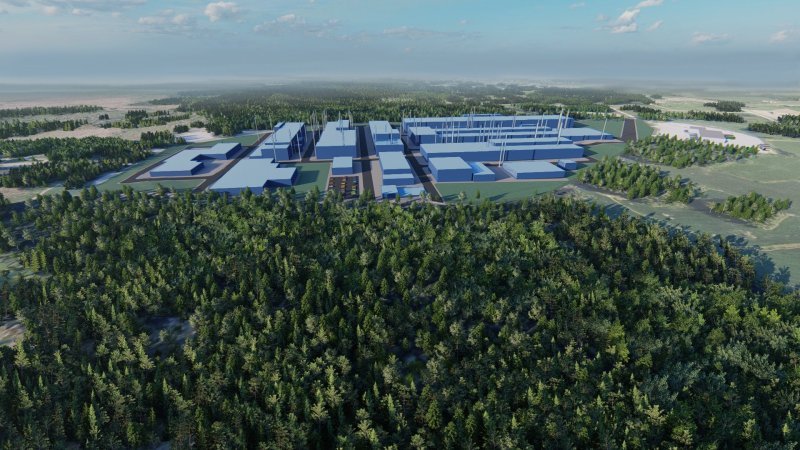An anode material plant planned in Vaasa
We are evaluating the feasibility of establishing a plant to produce the anode material needed to make lithium-ion batteries. The project already has a reasoned conclusion for its environmental impact assessment.
The baseline data for the assessment is the annual production capacity of 10,000 tonnes, which corresponds to a battery manufacturing output capacity of approximately 10 GWh and 200,000 electric cars per year. The other option is based on the capacity of 50,000 tonnes, which corresponds to a battery manufacturing output capacity of 50 GWh and approximately one million electric cars per year.
Advancing the project are Epsilon Advanced Materials from India and Finnish Battery Chemicals, a project company of Finnish Minerals Group.

The product is anode material
The anode is the negative electrode in lithium-ion batteries, paired with the cathode in a lithium-ion cell. The charging speed and the number of charge cycles of a battery is largely determined by the anode material.
The project is one of the first in Europe aiming to produce the anode material and would increase our continent's self-sufficiency in this industry.
Aiming for strengthening the value chain
Investments in the battery value chain are expected to grow to new heights globally in the coming years and the local European battery manufacturing industry is expected to strengthen as a result of the investments.
The anode material production project complements the cathode material projects that Finnish Minerals Group is already advancing in Hamina and Kotka.

